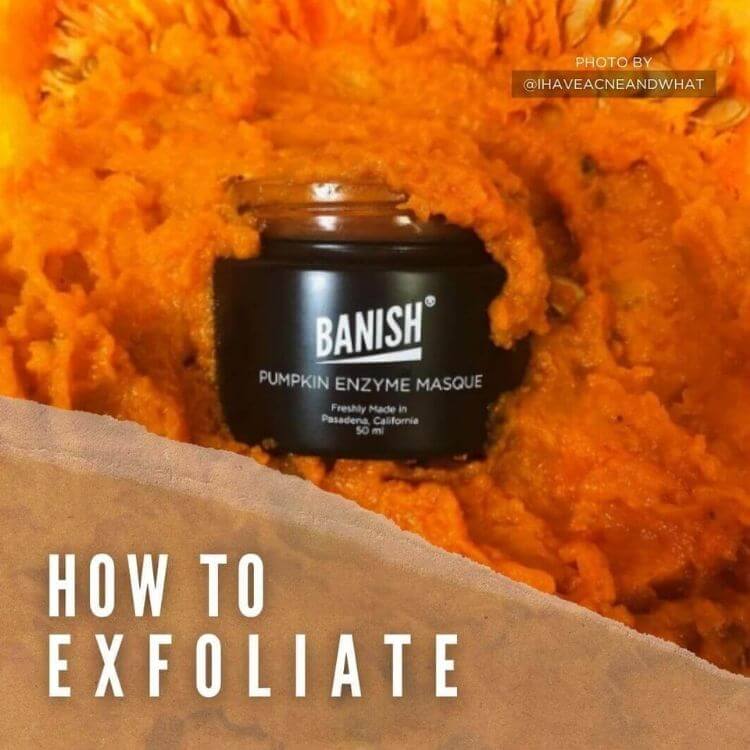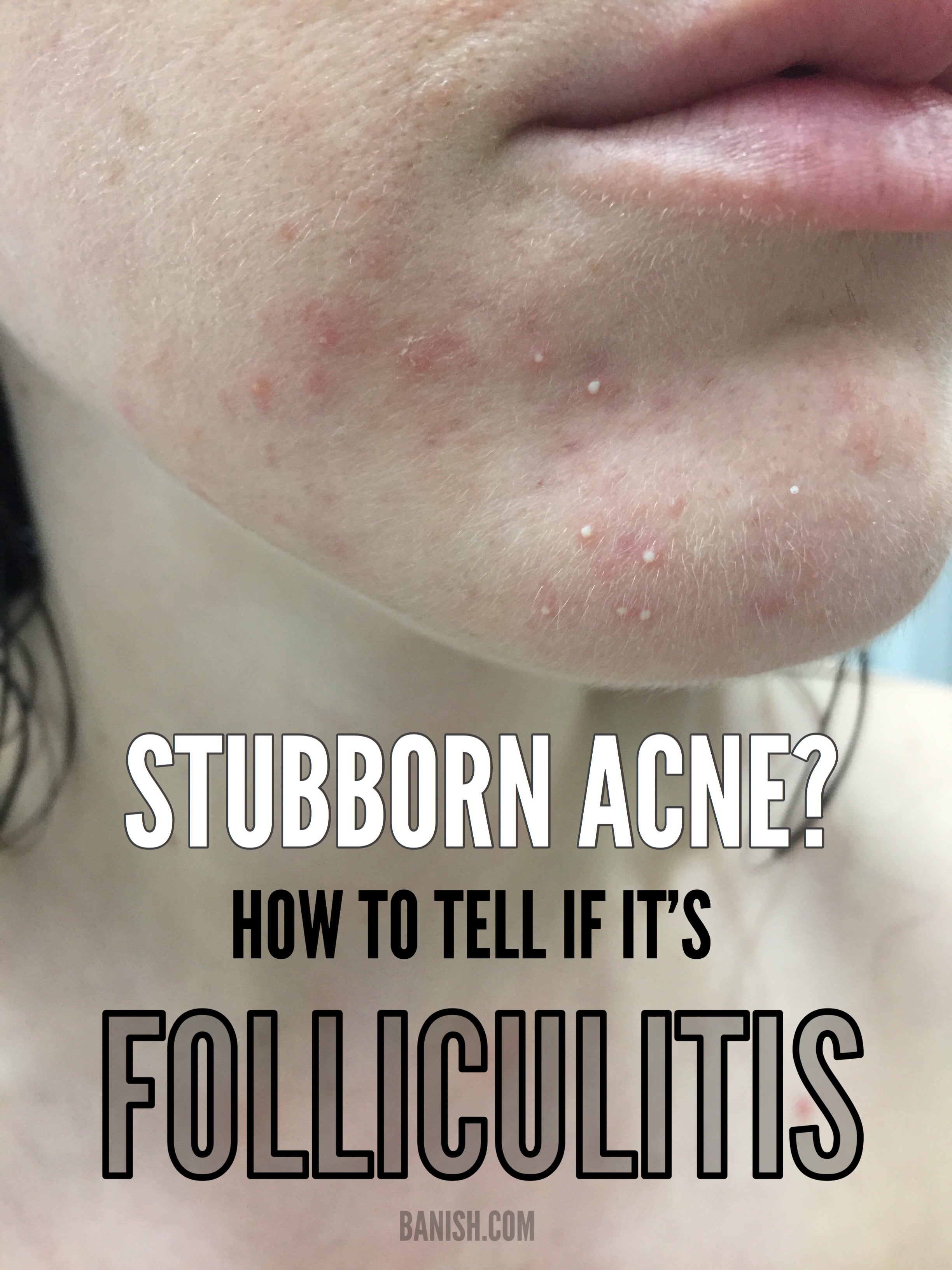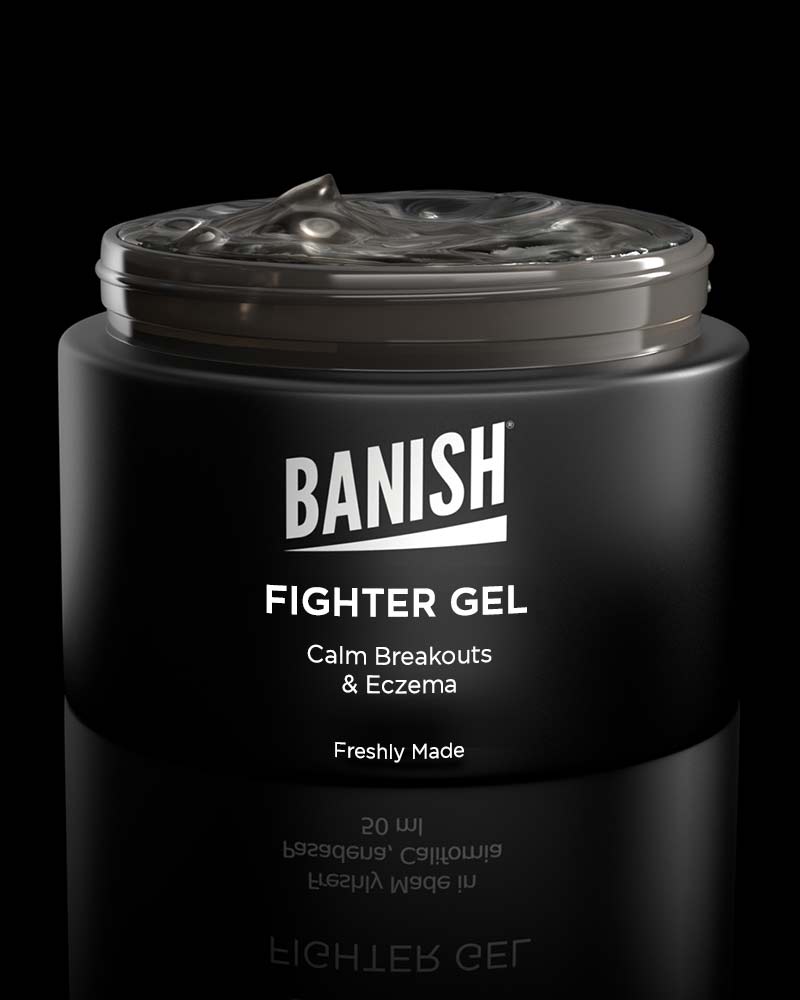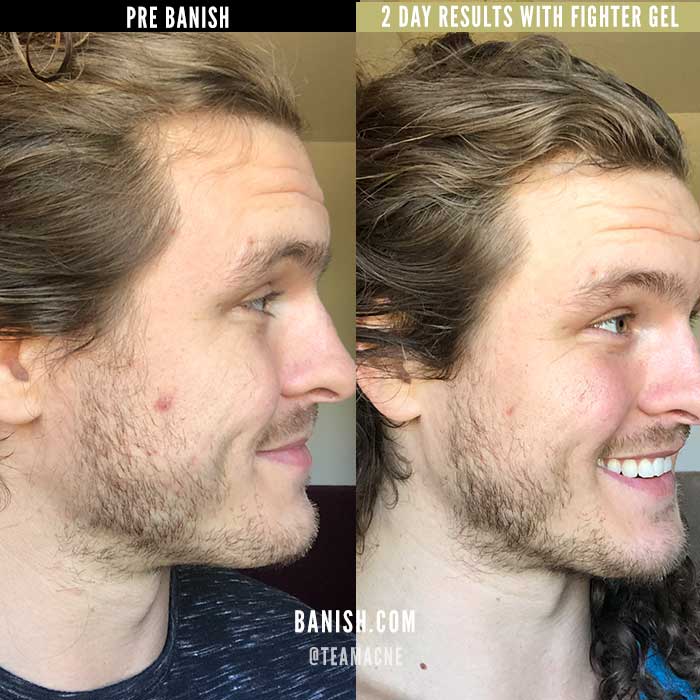When you don’t know how to exfoliate, adding it into your routine can seem intimidating.
Anyone who wants to show their best skin should know how to exfoliate and include it in their skincare routine. Because you deserve clear radiant skin, I’ve put together everything you need to know on how to exfoliate properly.
Why Everyone Should Exfoliate
Maybe you’re not convinced that the hassle is worth the reward. Let me tell you why it is.
Exfoliation is the process of removing old skin cells from the outermost layer of your skin. This happens naturally, but as we age our skin’s ability to shed dead skin cells declines and our natural skin turnover rate slows down.
When skin loses its ability to naturally remove the uppermost layer of dead skin, the dead skin can build up and potentially cause more clogged pores and acne.
Lack of exfoliating could also lead to drier skin and dull appearing skin.
Benefits of exfoliating:
- Exfoliation eliminates dullness and reveals a brighter complexion by exposing healthy, younger skin cells
- Exfoliation can help reduce the appearance of large pores
- Keeps your pores unclogged, preventing acne bumps and breakouts
- Removal of dead skin enables the healthy skin below to better absorb products
If you have acne or hyperpigmentation leftover from acne, exfoliating can help prevent acne and clear up skin by keeping pores clear, and fade hyperpigmentation faster by increasing skin turnover.
Because exfoliation targets general and specific skin issues alike, it makes a perfect addition to any skincare routine. And because there are a variety of exfoliation methods to choose from, there’s a method for every skin type.
Types Of Exfoliation
There are two types of exfoliation methods, physical exfoliation and chemical.
Physical Exfoliation
Mechanical or physical exfoliation involves physically scrubbing with a skin-friendly abrasive and is best reserved for dry, oily and normal skin types.
For example, a washcloth, loofah, or products that have a bit of a textured feel to them like sugar scrubs are all examples of physical exfoliants.
Anyone with sensitive skin, active acne, and other skin issues should choose chemical exfoliants, which lack the abrasiveness that can aggravate damaged acne prone skin.

The goal with physical exfoliation is not to scrub the skin as hard as possible. In fact, the goal is to be as gentle as possible, which will minimize unnecessary damage to your skin. This means that we need to be cautious not to use overly abrasive scrubs or tools.
Good options to physically exfoliate your skin are with scrubs made with sugars and oils, and soft brushes, sponges, and cloths. If homemade is more your style, check out some DIY facial scrubs you can do at home.
No matter which method you choose to mechanically exfoliate, avoid exfoliants contain sharp or jagged materials and let the exfoliant do all the work.
If using a physical exfoliator, be gentle and use the product in circular motions on the skin.
Chemical Exfoliation Methods
If your skin is sensitive, or if you have acne choosing the right chemical exfoliant is a great option.
Chemical exfoliation involves the use of different kinds of acids and enzymes to speed up skin cell turnover and theyd issolve the sticky bonds keeping dead skin attached to healthy cells.
Chemical exfoliants are used in low concentrations in over the counter products for home use, and in higher concentrations in procedures from a dermatologist.
If you want to really rejuvenate your skin, chemical exfoliation is the way to go.
Hydroxy Acids
The main types of chemical exfoliants are alpha hydroxy acids and beta hydroxy acids. AHAs and BHAs are hydroxy acids which loosen the bonds between skin cells. AHAs work on the surface of the skin, and BHAs work deep within the pore.
There are several types of alpha hydroxy acids to choose from, including glycolic, lactic acid, malic acid, mandelic acid, and citric acid. A common BHA is salicylic acid.
If you’re not sure which is right for you, check out our article Battle of the AHAs and BHAs: What’s The Best One for My Skin?.
Retinoic Acid
Retinoic acid is a compound derived from retinol which works to exfoliate the skin by inducing cellular differentiation, meaning it speeds up the cycle of skin cell shedding.
Enzymes
Enzymes like bromelain, papain, and pumpkin are gentler chemical alternatives for exfoliation that you can find in products or use in homemade masks.
Chemical exfoliants, like physical exfoliants, should only be used up to twice a week, and less frequent for higher concentration products.
At the end of the day, you must find what works for you – you don’t have to stick to the same exfoliant, although when you find one that works, you’ll probably want to!
Precautions When Exfoliating
Because exfoliating can produce great results or because we may think more is better especially when it comes to clearing up acne, it’s easy to get overzealous and over-exfoliate our skin.
Watch out for signs of over exfoliation like:
- Prolonged dryness
- Itchiness
- Redness
- Stinging or burning
- Increased sensitivity
With chemical exfoliation, some of these symptoms are to be expected, and will be mostly mild and goes away after you initially apply the exfoliant.
But if they continue to worsen, and your skin stings even when you are just applying regular skincare products, then you’re probably over-exfoliating, and you should reduce the frequency you exfoliate or the potency.
If you over exfoliate, you may see an increase in acne breakouts too because when you are overdoing it, your skin barrier is suffering which can lead to increased inflammation.
Some products may just be too strong of a formula for your skin, so you may need to change to a different chemical exfoliate that is weaker and suits your skin.
After all of this, you may be asking, do I have to exfoliate? No, of course not, but you’ll be missing out if you don’t.
Including exfoliation in your routine can take your skin’s appearance to the next level, and if you could include something in your routine that can improve the overall look and feel of your skin, why wouldn’t you?
How To Choose Exfoliating Products?
When choosing a product, find something that seems like it would best suit your skin needs. As mentioned, physical exfoliation is okay if you don't have any skin conditions. But if you have acne, sensitive skin, or other skin conditions a chemical exfoliant is better.
If you are going to exfoliate, stick with 1 method and product in your routine to avoid over exfoliating.
For Example: Pick one chemical exfoliant and use the product once a week to start with. Adjust the frequency as needed. For example use more often if your skin tolerates it well, and less often if your skin seems irritated.
We like the Pumpkin Enzyme Masque as a weekly exfoliant. It contains glycolic acid and natural pumpkin enzymes along with other antioxidants that help renew skin, brighten pigmentation, and keep skin moisturized.
Now that you have the information to know how to properly exfoliate, we hope that you notice a positive difference in your skin after adding exfoliation into your routine!



























Leave a comment
All comments are moderated before being published.
This site is protected by hCaptcha and the hCaptcha Privacy Policy and Terms of Service apply.